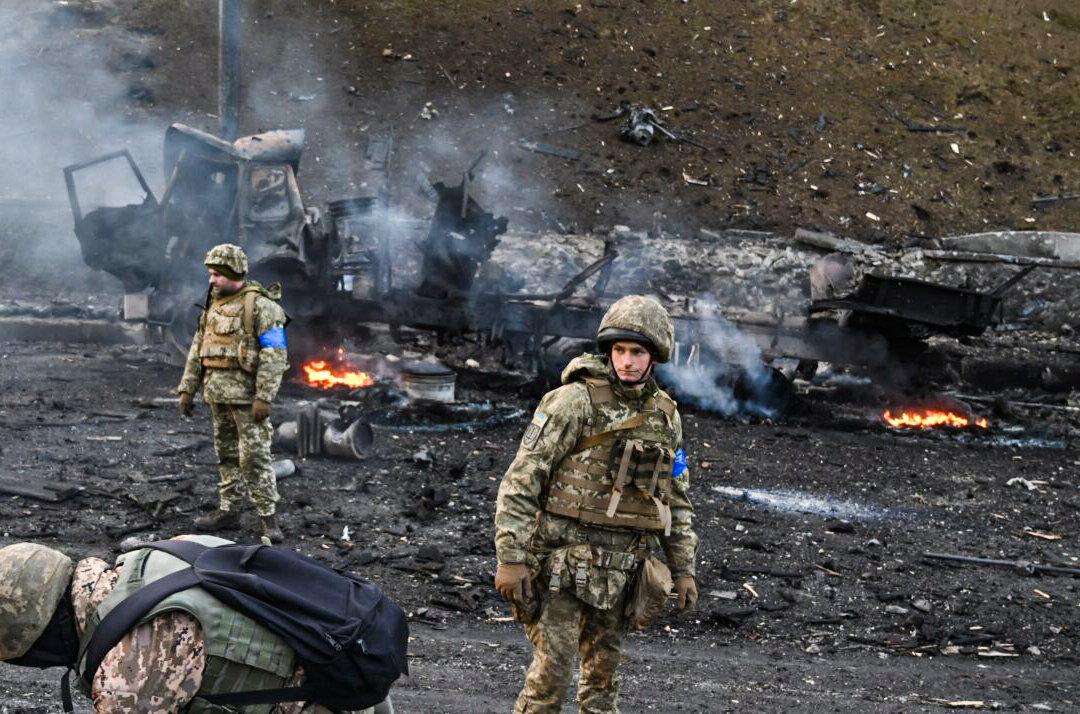On Feb. 26, the Association of Southeast Asian Nations (ASEAN) released a statement regarding the situation in Ukraine. Without naming Russia, the foreign ministers of the ten member states said they were “deeply concerned over the evolving situation and armed hostilities in Ukraine.”
“We call on all relevant parties to exercise maximum restraint and make utmost efforts to pursue dialogues through all channels … to de-escalate tensions, and seek peaceful resolution in accordance with international law, the principles of the United Nations Charter and the Treaty of Amity and Cooperation in Southeast Asia,” they said.




